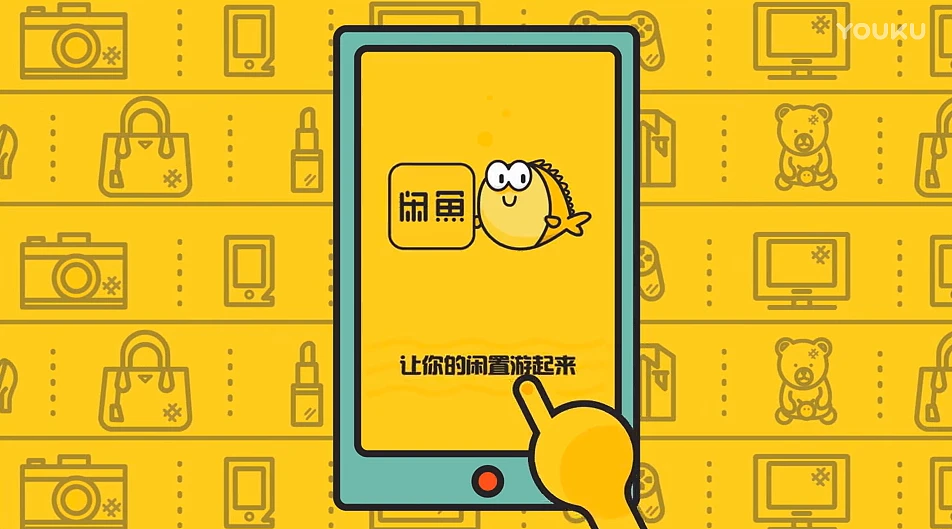One of China’s key tools as it grapples with Covid-19 has been a network of health QR codes. Based on not-always-transparent data sets — including information about your recent travel history — the QR codes permit or restrict the holders’ movement in and out of different cities and various sites within them (for example office buildings or bars). Now, the city of Hangzhou has controversially proposed making the system permanent for its residents.
According to the proposal, the city government would be able to assign a precise health score and a corresponding color to each citizen, based on their personal medical records, results of physical exams, and lifestyle habits. That last category could potentially include things such as how much sleep a holder gets, how many steps they walk in a day and how many cigarettes they smoke.
Related:
 Into the Black Mirror: The Truth Behind China’s Social Credit SystemIs China’s Social Credit System a dystopian rating program for all citizens, or something less sinister?Article Jan 21, 2019
Into the Black Mirror: The Truth Behind China’s Social Credit SystemIs China’s Social Credit System a dystopian rating program for all citizens, or something less sinister?Article Jan 21, 2019
The potential tracking system would be real-time and not only correspond to individuals, but would also give companies a cumulative score based on the data collected from its employees.
In the sample picture released, one internet company received an overall score of 78, ranked 80 out of 3,600 in the region.

How one internet company in Hangzhou would stack up under the ratings system
Supported by Chinese internet giant Alibaba (which has its headquarters in the city), Hangzhou was the first city in China to implement a health QR code system amid the novel coronavirus outbreak. Similar systems were soon adopted nationwide, with users being allocated a green, amber or red code which then dictated their access to various buildings and public transport systems.
While restrictions have eased since April — with temperature checks and code checking now only loosely enforced in some major cities — Hangzhou authorities appear keen to make an expanded version of the system permanent, confirming some of the worst fears of some users who had little choice but to opt into the system amid the Covid-19 pandemic.
Related:
 Watch: How China’s Army of Apps Helped People Through Coronavirus IsolationInternet use rocketed in China during Covid-19 lockdowns. But what were people actually up to?Article Apr 08, 2020
Watch: How China’s Army of Apps Helped People Through Coronavirus IsolationInternet use rocketed in China during Covid-19 lockdowns. But what were people actually up to?Article Apr 08, 2020
The proposal has become a hot topic on Chinese social media with the hashtag of #杭州渐变色健康码将上线# (“Gradient QR code will be implemented in Hangzhou”) attracting over 110 million views in just a few days on microblogging site Weibo.
The most upvoted comment says, “Unless it is for pandemic control purposes, the use of health QR codes will severely threaten personal privacy.” Another one says, “There needs to be clear boundaries between personal health and public healthcare. People do not have the right to access others’ physical exam reports.”
Ceci Zhang, a Hangzhou resident, told RADII, “I think it is too idealistic to quantify a person’s health status. Would no smoking, no drinking, and not staying up late equal absolute health? The city should consider investing more time and energy in other health initiatives instead.”
Related:
 China Now Has the “World’s Largest Social Credit System”China’s sprawling credit system is now the “world’s largest” and will release new regulations this weekArticle Jun 15, 2019
China Now Has the “World’s Largest Social Credit System”China’s sprawling credit system is now the “world’s largest” and will release new regulations this weekArticle Jun 15, 2019
Four days after the initial announcement, a spokesperson from the Hangzhou Municipal Health Commission responded to public outcry, saying that the gradient QR code is still at the conceptual stage without a concrete implementation plan. This marks a significant shift in tone as the director of that institution previously stated, “May and June will be two important months for achieving the goal of city-wide implementation of the [new] codes.”
The controversy comes days after Robin Li, the CEO of tech company Baidu, proposed a personal privacy protection bill during the ruling Communist Party’s Two Sessions meetings. Li suggested introducing a new law to prevent the misuse of private information that was collected during the pandemic.
China has increasingly strengthened surveillance of its citizens in recent years, with the implementation of social credit systems and widespread use of facial recognition technologies. However, whether the new QR code system will be actually put into practice remains to be seen.


















